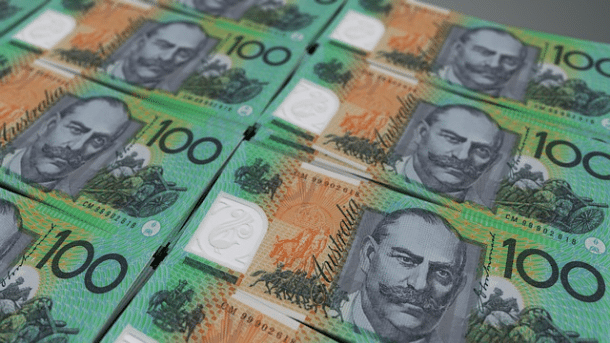Clean energy prices are down and still falling due to the federal Renewable Energy Target (RET), according to a leading industry body.
The RET will reduce the national power bill by hundreds of dollars a year over the next decade, the Clean Energy Council (CEC) claims.
However, the RET is due to end in 2020. Without strong bipartisan leadership, the impetus for clean energy investment is likely to stall.
Furthermore, according to the CEC’s Executive General Manager of Industry Development Natalie Collard, the Federal Government’s planned National Energy Guarantee (NEG) can’t make up for this anticipated loss of momentum.
Influence of RET on clean energy prices and jobs
Major players like Telstra and AGL are increasingly choosing clean energy including solar power and wind. Growing numbers of businesses in 2018 are also set to follow the trend away from fossil fuels.
Because of the RET, 6,000 MW of new renewable power will boost competition in Australia’s energy market over the next 10 years.

And clean energy generated by solar panels or wind is already the cheapest power available, according to Ms Collard. This makes it a good time to take advantage of the RET rebate on renewable energy and get a quote for solar installation.
Ms Collard also claims the RET delivered more than $9 billion investment in renewables in 2017, along with thousands of jobs.
Meanwhile, electricity and gas retailer AGL Energy has decided to close its Liddell coal plant in 2022 and replace it with a renewable energy hub. This will feature wind, solar and solar storage batteries.
Despite pressure from the Federal Government, AGL insists the hub will be $20/MWh cheaper to run than its old coal plant over the next five years. In addition, Telstra is buying power from the Victorian Murra Warra wind farm.
Consumers benefit from price falls under RET
Because of government policy uncertainty, renewable energy cost savings are not passed on to consumers. The CEC blames three factors:
- Lack of a long-term energy policy;
- Chaos in the energy market; and
- The rising price of gas.
The RET has consequently been the only mitigating factor to help turn this around. The Federal Government ditched its Renewable Energy Target in October 2017 in favour of the NEG. Designed to deliver the right level of dispatchable energy, the NEG scrapped subsidies on renewable energy like wind, solar power and hydro.
An EY study in November 2017 claimed the NEG would forgo around 20,000 new energy jobs and stop major solar energy construction from 2020.












































